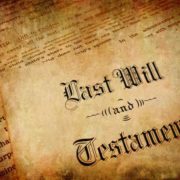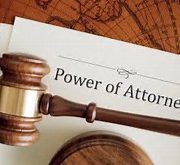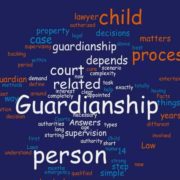Springing and Durable Power of Attorney – What’s the Difference?
Springing and Durable Power of Attorney – What’s the Difference?
When planning for retirement and your estate plan, it’s important to understand how your power of attorney works. Generally, there are two kinds: springing and durable power of attorney. A springing power of attorney takes affect if you become incapacitated. In comparison, a durable power of attorney becomes effective as soon as you sign the document, and continues to be effective if you are incapacitated.
Having control with a power of attorney is a big deal. The person holding this power may have the ability to control your financial assets, medical decision, and more. For example, a giving someone financial power of attorney powers gives them the right to make financial decisions on your behalf. This person might trade stocks, cash in annuities, or transfer assets. If this person has durable power of attorney, they can make these decisions even if you are not incapacitated. State laws differ on the particulars of power of attorney, and some financial institutions may require their own versions.
With a springing power of attorney, it’s important to clarify exactly what triggers someone taking over your abilities to make decisions. Typically, it’s when the principal becomes disabled or mentally incompetent. However, it could be used in a variety of situations. For example, someone in the military might create a springing power of attorney form to be prepared for the possibility of being deployed overseas or disabled, which would give a relative powers to handle financial affairs in these specific situations only.
Who determines when someone is mentally incompetent or incapacitated? This question varies state to state. However, in general there is usually a formal procedure that your attorney can create. It’s smart to note in your legal document exactly what the principal considers “incapacitated” to mean. Often times, people who create a power of attorney form include language that requires a doctor’s certification or mental incompetence or incapacitation.
For more information regarding power of attorney and other estate planning methods, contact Cleveland estate planning attorney Dan Baron at Baron Law LLC. Baron Law is a Cleveland, Ohio area law firm practicing in estate planning, business, and family law. Contact Dan Baron today for a free consultation at 216-573-3723.










